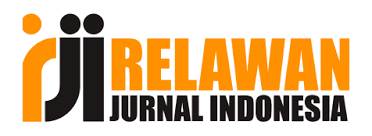Teknik Motivational Interviewing Untuk Mengurangi Adiksi Game Online
DOI:
https://doi.org/10.56013/jcbkp.v6i1.1868Abstract
Technological developments that are increasingly advanced also offer several features that can attract any user, such as chatting, browsing, listening to music, and online games. Some internet Gaming users reasoned that when they first started using games, one of them was when they felt bored, so that games were considered the right choice as a means of entertainment. However, who would have thought that what started with fulfilling one's own needs could now lead to something addictive. internet Gaming addiction is a phenomenon related to the uncontrolled use of online games. This results in an addictive effect on individuals, so that they are less able to control themselves in using games. Thus, there is a need for a new perspective on addressing addiction problems that focuses more on the counselee's strengths than deficits, offers individual-centered care, uses empathy, focuses on early and brief interventions, recognizes that there are varying levels of problems in substance abuse, accepts risk reduction as a legitimate treatment goals, and provide access to integrated care. One of the strategies in question is motivational interviewing counseling. Motivational Interviewing (MI) is a person-centered counseling technique designed to help individuals explore and overcome ambivalence about changing their behavior. This research is intended to increase the ability to deal with students with online game addiction problems.
Keywords:
Motivational interviewing; internet gaming















